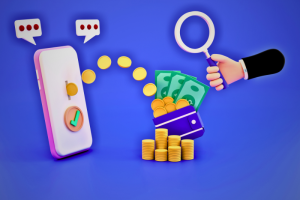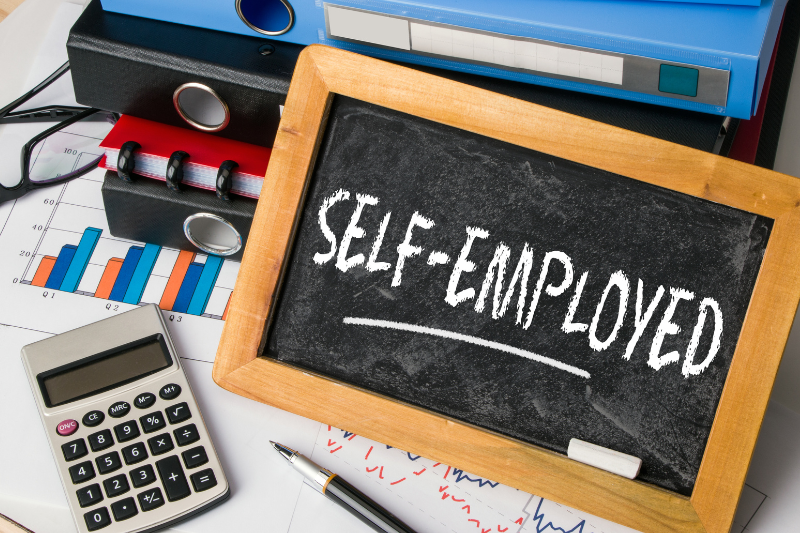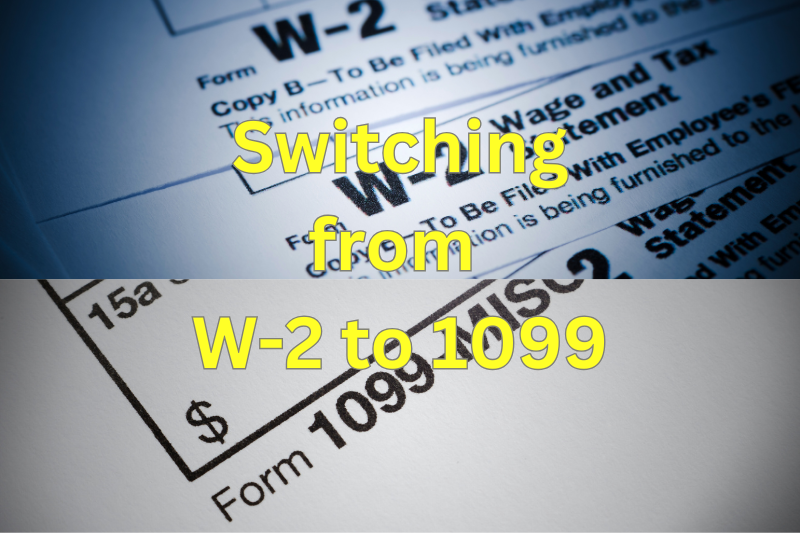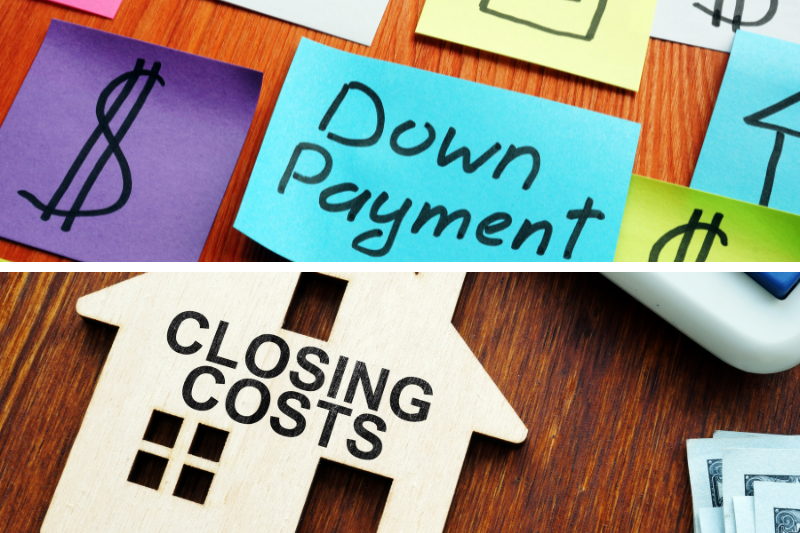So you’ve been out here grinding. LLC in the bio. Invoices flying. Taxes paid (hopefully).…
🚨 Don’t Let Zelle Fumble Your Keys: Preparing A Bank Account 3 Months Before Buying a Home
You ever been this close to your dream house—already picturing the grill in the backyard, neighbors peeking at your fresh “Welcome-ish” mat—only to get flagged by… your own bank statements? Yeah, it gets real. That random Cash App from your cousin or the Venmo you used to front someone’s car note? Could be the reason your mortgage gets slowed down or even denied. So let’s break it down. If you’re three months out from buying a home, here’s how to keep your bank account from looking like an underwriting nightmare.
💰 1. Keep Your Cash Clean
Mortgage lenders don’t just want to see money in your account—they want to see where it came from. Why?
Two reasons:
- Federal regulations: Lenders have to make sure the money you’re using isn’t connected to anything shady.
- Risk assessment: If money magically appears with no paper trail, underwriters get jumpy. That’s just facts.
So those $2,000 deposits from “a friend” that don’t have receipts? Either document them or don’t do it.
🔄 2. Stop Flipping and Mixing Funds
Let’s say your homegirl sends you money to pay her car note, and you do it from your account. Sounds harmless, right?
Wrong. That creates a financial breadcrumb trail that underwriters have to chase. It’s not illegal, it’s just a headache. And too many of those? Lenders might say, “We’ll pass.”
Avoid the mixy money. Keep your account as clean and boring as a 90s sitcom dad.
🧼 3. Keep It Clean and Consistent
What you want is a nice, boring bank statement. No big swings. No mysterious money appearing like magic. No extra accounts popping up out of nowhere.
📌 Here’s how to keep your bank account “mortgage-ready”:
- No unexplained deposits — Every dollar has to have a documented source.
- Avoid big withdrawals — It raises questions about financial stability.
- Don’t shuffle money — Transferring cash between accounts can look shady if not documented.
- Don’t open or close accounts — Lenders like consistency. Save the drama for after you move in.
📑 4. Gifted Money Needs Receipts
Getting help from fam for your down payment? Love that for you. But lenders need the bank statements of the person giving the gift and a gift letter that says:
“This is a gift, not a loan. No repayment expected.”
If you don’t have that on paper, it could look like you’re stacking up debt, and that’s a red flag.
🚫 5. No Sudden Moves
No big deposits, no big withdrawals, no opening or closing accounts. When you’re in mortgage mode, you want your financial profile to look stable and consistent. Think of it like dating: no surprises. Just good credit and steady behavior.
🔍 6. Keep Every Receipt (Digital or Paper)
Whether it’s a Zelle, Cash App, transfer, or wire—screenshot it, download it, label it. Make your future self (and your loan officer) proud.
Documentation can turn a question mark into a green light real quick.
📲 So What Should You Do?
Buying a home isn’t just about having the money. It’s about proving where that money came from—and keeping it traceable. When your account is doing the most, underwriting has to work overtime. And that can delay or even kill your deal. But when your accounts are clean, documented, and drama-free? You’re one step closer to unlocking the front door. So before you go making random moves with your money:
👋 Let’s talk before you swipe, transfer, or cash out.
👉 Click here to schedule a quick chat with me
📊 And if you’re wondering how much house you can afford? Use my affordability & mortgage calculator here





